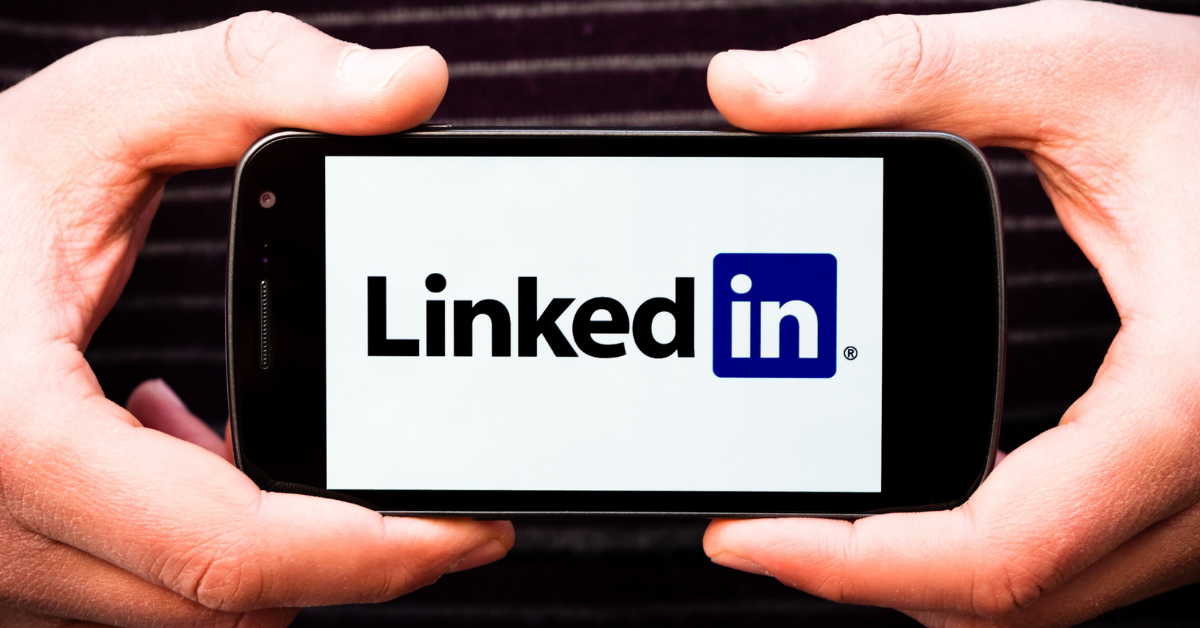LinkedIn is like marmite. Some people love it. Some people loathe it. I confess to being nearer to the second category myself. But here’s the catch – it is a useful and influential platform for kickstarting your career.
Why? 3 reasons…
- Networking – LinkedIn isn’t like other social media platforms. It has a career focused USP, meaning you can cultivate a specific professional network. You can follow what other people in your industry are talking about, share opportunities and ideas and, yes, even steal a few too!
- Career Path – One of LinkedIn most notable features is that users upload their career and educational history to their profile. This means you can check out what career path your professional role models took when you’re planning your own professional journey
- Jobs – LinkedIn is no silver bullet to your unemployment woes. But it does boast an impressive jobs feature, allowing you keep track of who’s hiring in your area, what skills and experience they’re looking for and more details on how you might apply.
Convinced yet? Well, let’s pretend you are.
So how can you make the most of your new LinkedIn account? Here 10 short, sharp, tip-top tips:
- Profile Picture – Something vaguely professional please, no snaps from ‘Malouf 2k18 Lads Holiday’
- Background Picture – Always more tricky I know, but popping in something, even just your top landscape shot, adds some personalization to your profile.
- Make Your Summary Sing – This is your first chance to show off, so pretend it’s a job interview and sell your unique story!
- Specific Skills – Don’t sell yourself short. Have a think about what you can offer to an employer, and try not to lie!
- Job History – Take a few minutes and do this right. Make sure you get your employment and educational history correct, you’d be surprised how many people will see it.
- Describe Your Work – Job titles aren’t enough, tell us what you did in the role.
- Network Building – Be careful here, you don’t want every Tom, Dick and Harry spamming your timeline. Remember LinkedIn is career focused, so only connect with folks who are professionally relevant. Colleagues, role models and career influencers? Perfect! That Ex you never got over? Avoid!
- Endorsements – Not one of my favourite features but useful nonetheless. Give your connections some endorsements for their skills and, who knows, they might return the favour!
- Contact Information – The internet is a weird place, so don’t overshare, but a professional email address allows those interested in your work to drop you a line.
- Kill The Buzzwords – I know it’s tempting to fill your profile with all the latest, and still meaningless, industry jargon. But it makes for painful reading so cut the ‘synergies’, ‘passionate’ and ‘results-driven’ lines. When it comes to who you are – show, don’t tell!
Now you’re all set!
One thing’s for sure, LinkedIn isn’t as fun as other social media platforms. So, don’t forget about it as the notifications pile up. LinkedIn is a platform that’s on the rise, make sure you make the most of its ascendency.
Good Luck!
About the author:
Thomas Copeland is a second year Politics, Philosophy and Economics student. He is Founder & Editor of Challenges NI and is the Head of News at Queen’s Radio.
WATCH: Using LinkedIn Effectively





